
Tags: climate change, Colette Wabnitz, fisheries management, IOF Research Associates, Nereus Program, small-scale fisheries
Financial aid to fisheries in developing countries has declined by 30 percent, finds a new study from UBC and Stockholm Resilience Centre researchers.
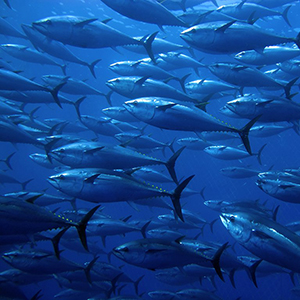
“Restricting fisheries activities to coastal waters is economically and environmentally sensible,” said Dr. Rashid Sumaila in a National Geographic article.

He was presented with this prestigious award at a ceremony in Stockholm, Sweden on November 29, 2017.
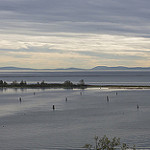
Tags: Aboriginal fisheries, British Columbia, Canada, Indigenous fisheries, IOF postdoctoral fellows, Nathan Bennett, OceanCanada
Indigenous and coastal communities in Canada are increasingly finding that the ocean and marine resources are off limits.

Tags: Amanda Vincent, CITES, FCRR, IOF Research Associates, Project Seahorse, Publications, Sarah Foster, seahorses
This newly released Fisheries Centre Research Report looks at the difficulties that Viet Nam experienced as they tried to implement CITES required export controls for seahorses.
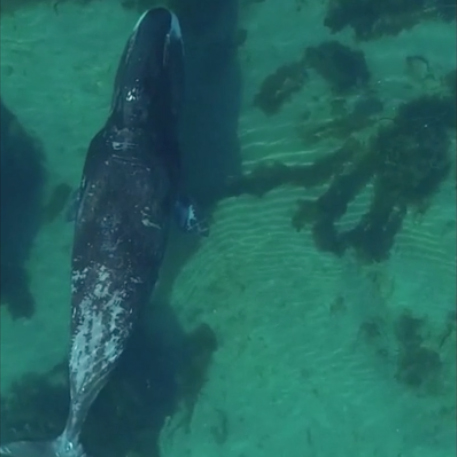
“Cumberland Sound serves as a habitat for feeding and moulting,” said Sarah Fortune, a PhD student at UBC’s Institute for the Oceans and Fisheries.
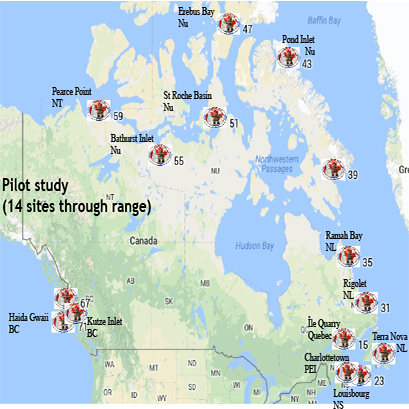
Tags: biodiversity, Brian Hunt, Canada, climate change, faculty, fieldwork, fish, marine mammals, ocean ecology, plankton
Research team collected water samples along Canada's coasts to examine for trace amounts of DNA shed by organisms into the surrounding environment.

Ambassador of France to Canada, Kareen Rispal, awarded Daniel Pauly the Chevalier de la Légion D’Honneur.
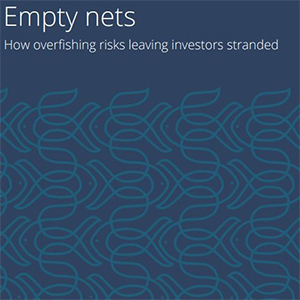
The report, produced by the Fish Tracker Initiative in collaboration with the Sea Around Us, states that 32% of the 97 stocks targeted by fishing giants are overfished.
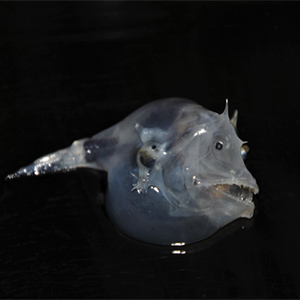
Tags: Brian Hunt, Evgeny Pakhomov, faculty, fieldwork, fish, IOF postdoctoral fellows, IOF students, ocean ecology, plankton, pyrosomes
The research voyage focused on establishing the relationship between open ocean production and coastal fisheries off southeastern Australia.